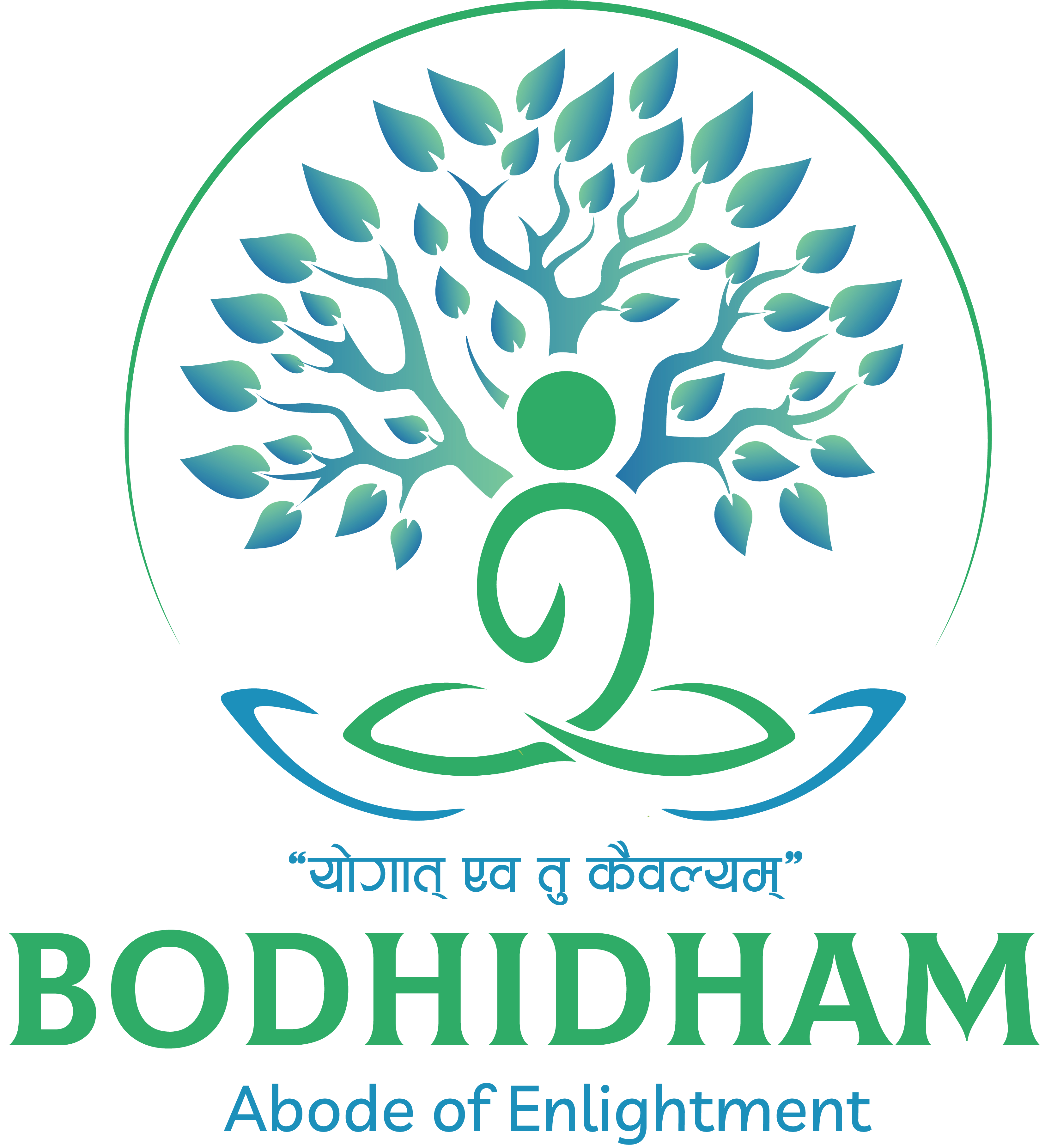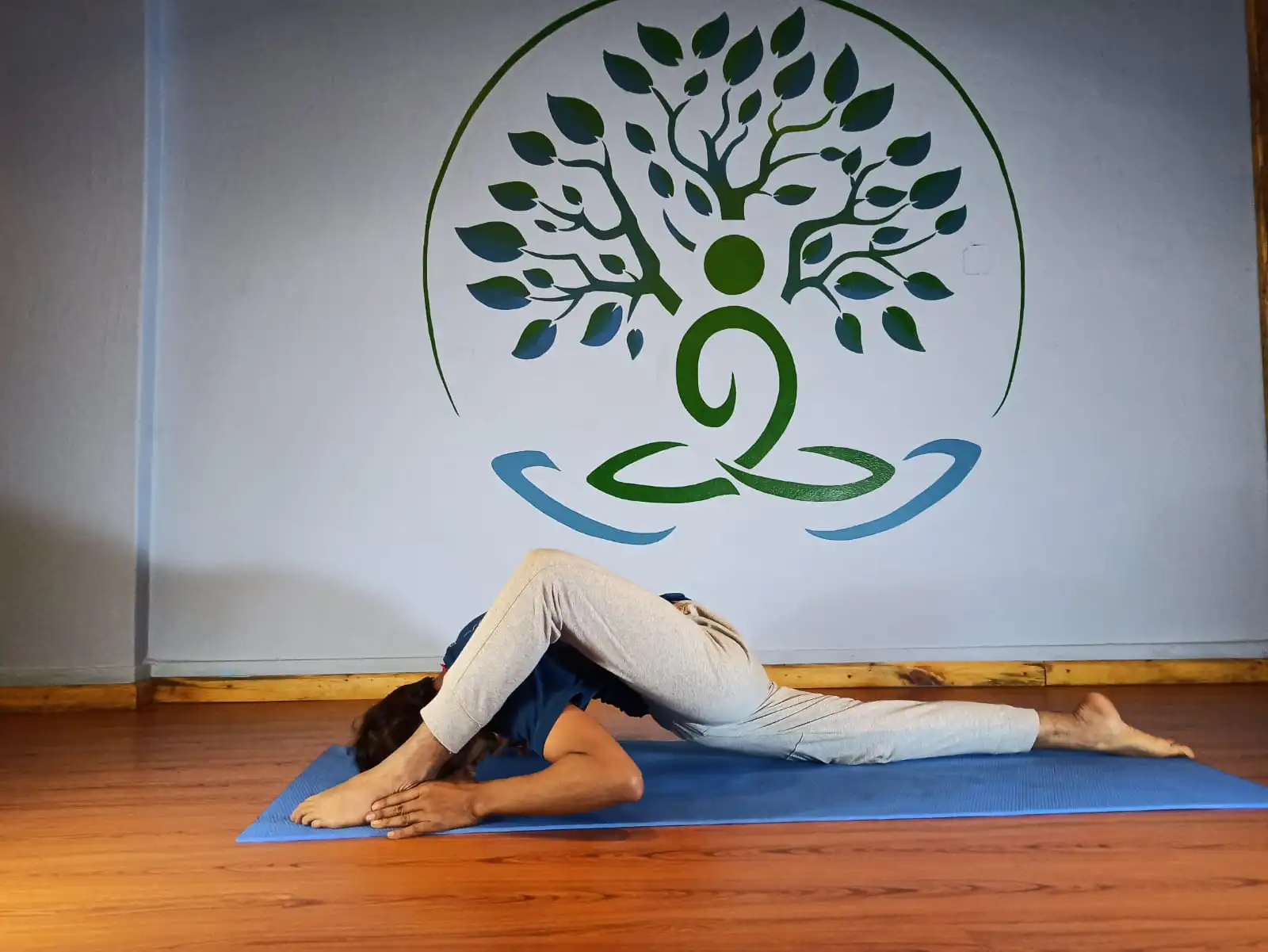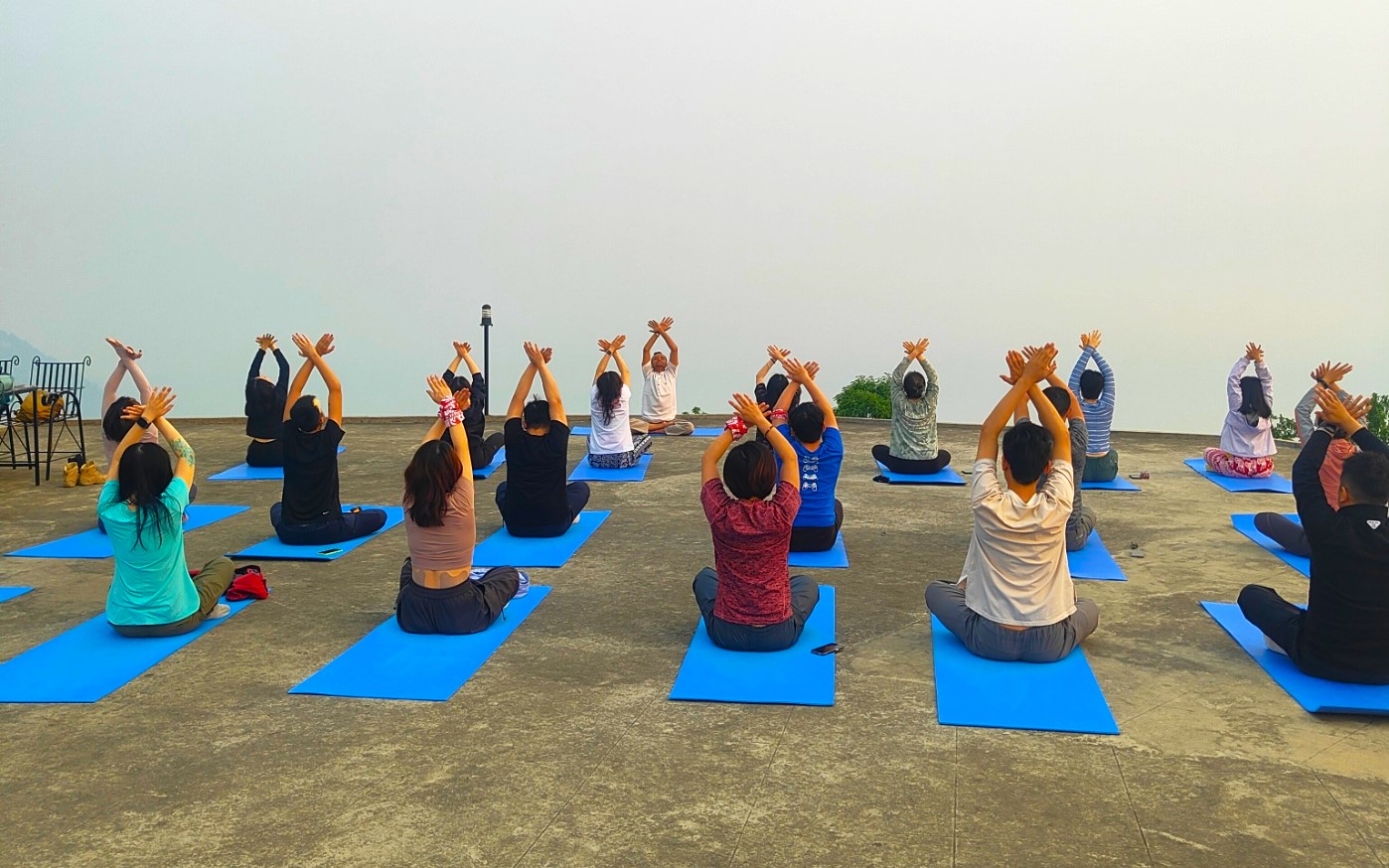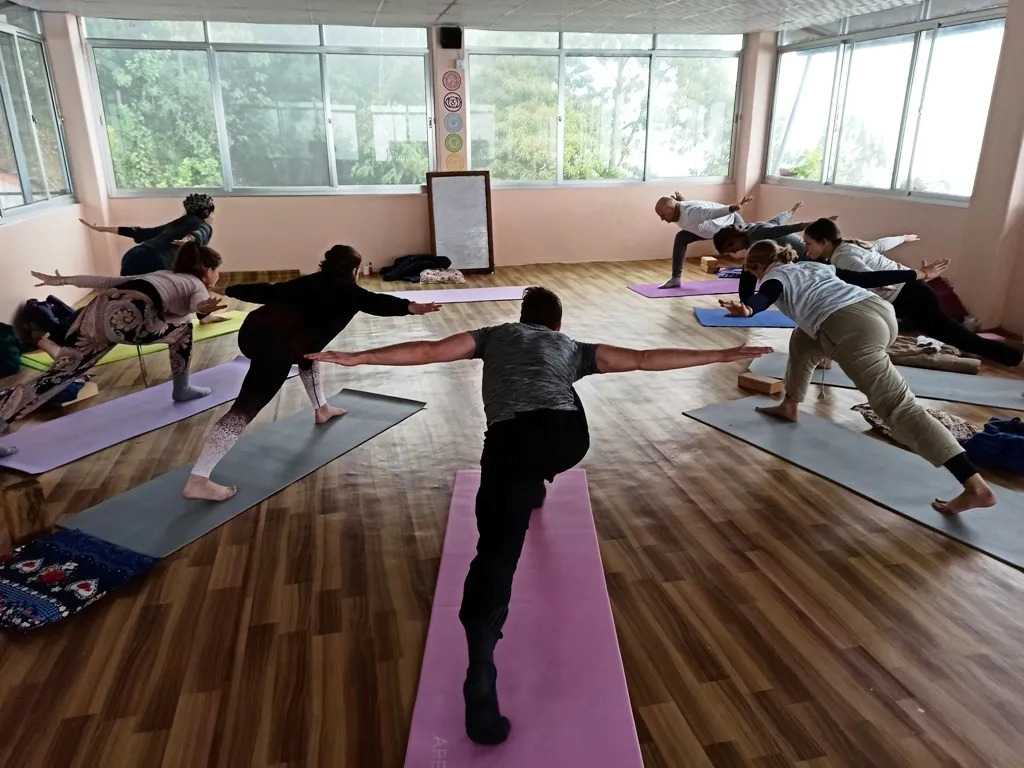Yoga has evolved with Human civilization from time immemorial. In Vedic culture, yoga has been practiced for millennia for the sole purpose of realizing the true nature of the self.
The history of Hatha Yoga is deeply rooted in ancient vedic traditions and has evolved over thousands of years. Hatha Yoga is a branch of Yoga that focuses on physical postures (asanas), breath control (pranayama), and meditation to harmonize the body and mind. Its origins can be traced back to the 1st millennium BCE, with the foundational texts being the Hatha Yoga Pradipika, Gheranda Samhita, and Shiva Samhita.
Philosophy of Hatha Yoga: The philosophy of Hatha Yoga combines elements from classical Yoga philosophy, including the Yoga Sutras of Patanjali, with tantric and shamanic influences. Hatha Yoga seeks to balance the opposing forces within the body and mind, represented by the solar (ha) and lunar (tha) energies. It aims to awaken and harmonize these energies through the practice of asanas, pranayama, and meditation. The ultimate goal of Hatha Yoga is to achieve self-realization and union with the higher self.
Scientific Evidence and Benefits: Over the years, scientific studies have provided evidence of the numerous benefits of practicing Hatha Yoga. Here are some key findings:
- Physical Health: Hatha Yoga improves flexibility, strength, balance, and coordination. Regular practice can enhance cardiovascular health, reduce blood pressure, and increase lung capacity. It also promotes weight loss and helps manage chronic conditions like arthritis, back pain, and diabetes.
- Mental and Emotional Well-being: Hatha Yoga has been shown to reduce stress, anxiety, and depression. It promotes relaxation and induces a state of calmness by activating the parasympathetic nervous system. Studies have demonstrated that regular practice improves mood, enhances cognitive function, and reduces the risk of age-related cognitive decline.
- Mind-Body Connection: Hatha Yoga emphasizes the integration of mind and body. Research suggests that the practice improves body awareness, proprioception, and interoception—the ability to perceive internal bodily sensations. This heightened mind-body connection can lead to improved self-regulation and emotional stability.
- Breath Control: Pranayama techniques in Hatha Yoga involve conscious control of the breath. Studies have shown that these practices can positively impact the autonomic nervous system, leading to better respiratory function, reduced stress response, and improved overall well-being.
- Meditation and Mindfulness: Hatha Yoga incorporates meditation techniques that enhance mindfulness and present-moment awareness. Scientific research indicates that regular meditation practice can improve attention, concentration, and emotional resilience. It also promotes neuroplasticity, which is the brain’s ability to reorganize and adapt.
It is important to note that while scientific evidence supports the benefits of Hatha Yoga, it is not meant to replace conventional medical treatments. It is always advisable to consult a qualified instructor and seek medical advice when needed.
Overall, Hatha Yoga’s rich history, philosophical foundation, and scientific evidence attest to its effectiveness in promoting physical health, mental well-being, and spiritual growth. By cultivating the mind-body connection and balancing energies, Hatha Yoga offers a holistic approach to personal transformation and self-discovery.








